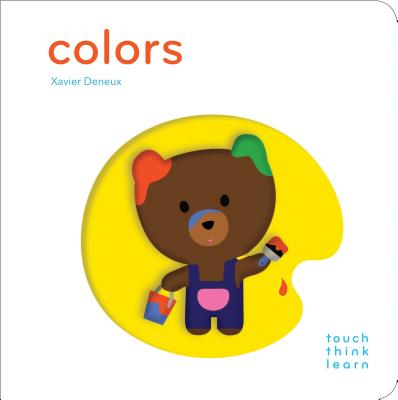In the wake of World War II, the cultural life of the United States underwent a massive transformation. At the heart of these changes during the early Cold War were the rise of the concept of identity and a reformulation of the country's political life. A revolution in music was taking place at the same time-a tumult of new musical styles and institutions that would lead to everything from the birth of rock 'n' roll to the new downtown experimental music scene. Together, these new cultural and musical trends came to define the era. In the search for new social affinities and modes of self-fashioning, music provided just the right tool. What Shall I Be follows the concept of identity as it developed alongside new post-war music making. Author Philip M. Gentry travels through four very different musical scenes: the R&B world of doo-wop pioneers the Orioles, the early film musicals of Doris Day, Asian American cabaret in San Francisco, and John Cage's infamous 4'33. The lives of musicians, composers, critics, and fans reveal how individuals negotiated the social changes sweeping the country in the initial days of the Cold War. As we are again swept up in a time of significant transformation, these early strategies help to inform the political and musical narratives of today.
Philip M. Gentry writes about music and politics in the United States. Originally from the Bay Area, he earned his Ph.D. in musicology from the University of California at Los Angeles. He is currently assistant professor of music history at the University of Delaware, and lives in Philadelphia.

















